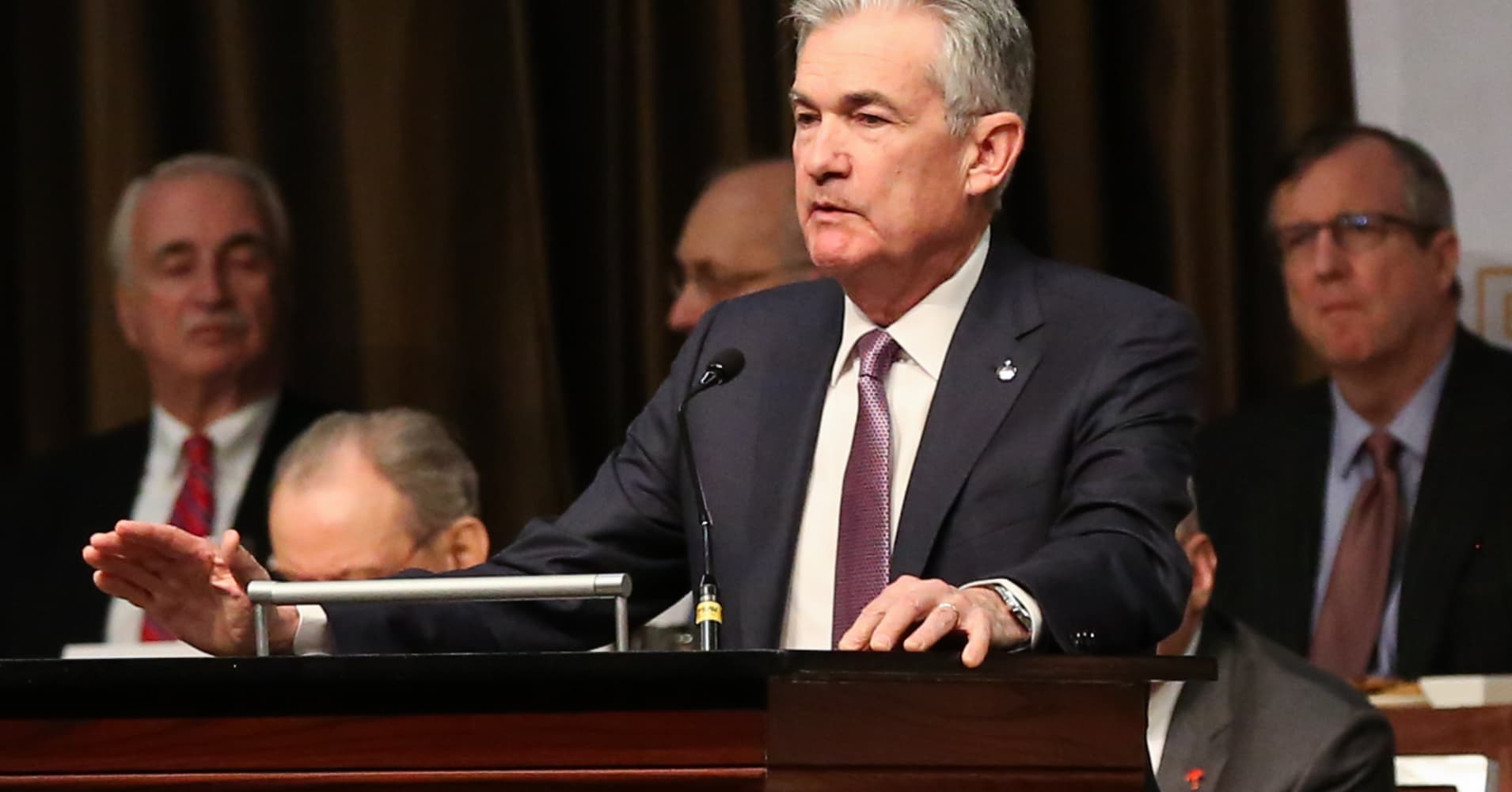
It is without a doubt that prudent monetary policy is the No. 1 reason for the sustained economic growth of the past three decades. An independent and non-political FOMC is essential for the Federal Reserve to achieve their objectives of price stability and maximum employment. The greatest threat to the economy today is not what the Federal Reserve is doing but how it responds to a president with little regard for eroding the public confidence in our government institutions.
Unfortunately, there are indications that Trump’s barrage of attacks on the Fed is having an impact.
In a recent speech to the Economic Club of New York, Chair Powell said that the fed funds rate was “just below” its neutral level and called for a more data-dependent monetary policy, contradicting his previous statement only a month earlier that they were a “long way off” from rate normalization. This should be of concern given that nothing has fundamentally changed over the past month with the exception of elevated stock market volatility. Although monetary policy should be data-dependent, their dependency should be based on rules rather than discretionary actions and presidential tweets.
While the members of the FOMC have always been a mix of doves and hawks who represent a range of opinions, they always have been able to reach a consensus based on sound economic reasoning. There has been no dissenting votes on any of the Fed rate hikes under Powell. Furthermore, the median projection of the fed funds rate in 2019 by FOMC members has remained consistent at above 3 percent, suggesting at least three more hikes over the next year.
Backing off from the current course of policy normalization for a short-term bounce in equity markets would erode Powell’s credibility, cloud Fed transparency and raise inflation expectations. It was widely expected that the FOMC will raise rates for the fourth time this year, a move Trump has called “foolish.”
If the Fed does slow down the pace of rate hikes, they should clearly communicate how economic conditions have changed relative to their previous forecast to support their change in policy.
— By Victor Li, associate professor of economics at the Villanova School of Business. Li worked with former Fed Chairman Ben Bernanke at Princeton University from 1998–2000 and at the Federal Reserve as a visiting scholar at the Federal Reserve Bank of St. Louis. He was a senior economist at the Federal Reserve Bank of Atlanta from 2000–2001.
Be the first to comment